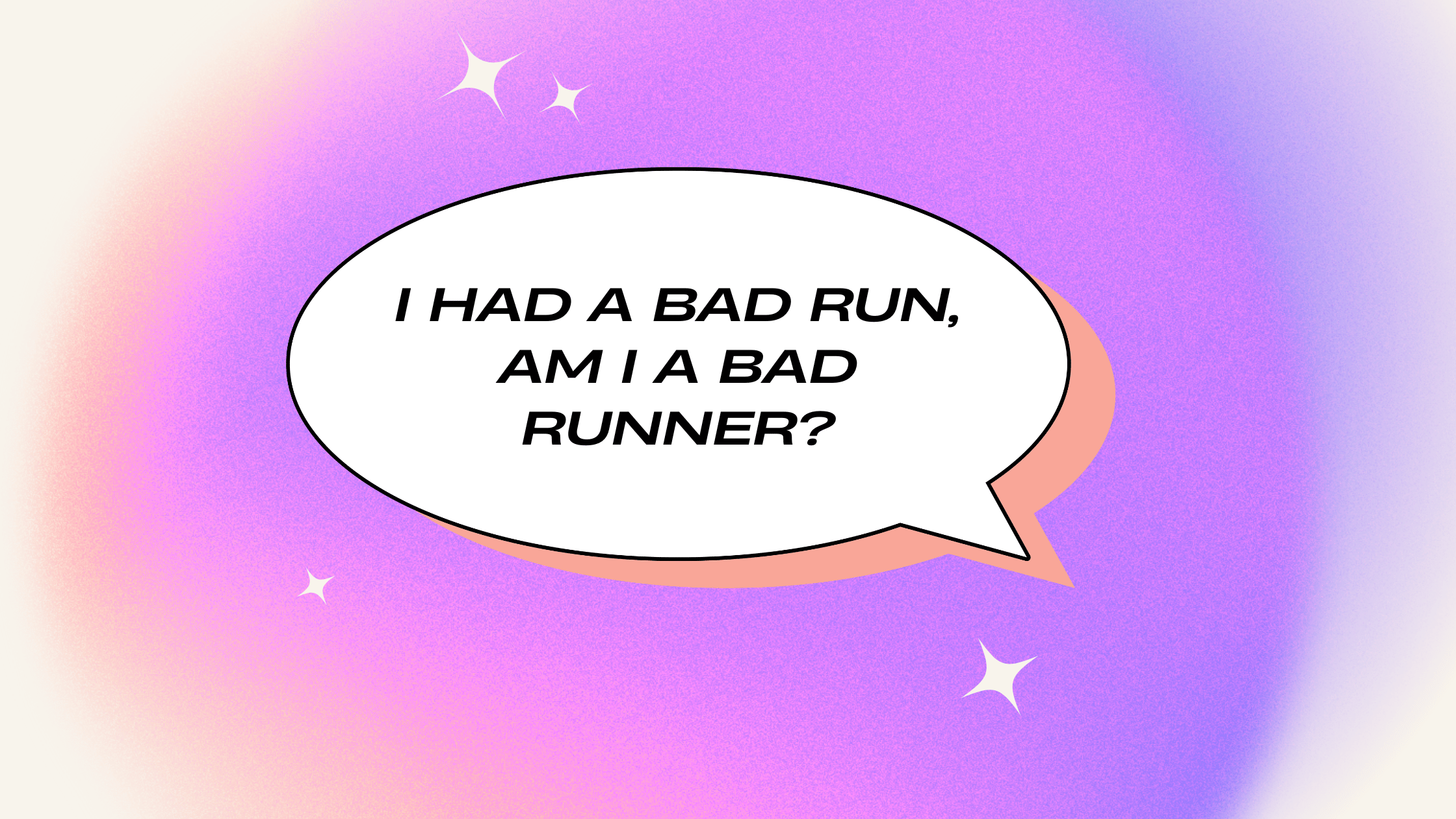What Is a Run Community?
Okay, I am excited too. We get to talk about community. That is you! We want to acknowledge all of you, as Femmi wouldn’t exist without the loyal members of our beautiful community.
But firstly, what do we mean by a run community? Communities are anywhere that we connect with others with a shared interest. As we all know, in running, this can be through an organized group, events and races, online groups, or friends we socially run with. In-person run groups tend to vary in size, type of runs (from easy, sociable runs to specific workouts), and vary in approach to running, such as level of competitiveness, support, and inclusivity.
Benefits of Running Solo
Running can improve our confidence, resilience, and overall mental health. Many people take their first steps on their running journey alone. Running alone can have some benefits: you can work to your own schedule and pace; practice mindfulness, problem-solving, or mindset tools; and learn to be content and confident in your own company. However, humans are innately sociable, and our running and mental health can benefit from being part of a community.
Connection: Building Friendships Through Running
The right run group can lead to meaningful connections and friendships with others. It can feel daunting to join a group where you might not know anyone, but you already share a passion for running, so you have a topic for conversation ready to go! Being part of a group can foster a sense of belonging, and friendships often extend outside of running, giving you a wider support network.
Motivation: Finding Focus and Accountability
Running groups meet on specific days and times, which can help with routine and consistency. This can also help with focus, structure, and accountability. When it’s hard to lace up and get out the door, knowing that you’re meeting a friend or that the workout is all sorted by someone else and all you have to do is turn up can make getting started much easier. Running and chatting with others can make long runs go by much faster, and it’s even better when you know you can grab a coffee and food together after the run.
Running groups can help with goal setting, too. They can give you the confidence to step outside your comfort zone and try something new, like a new distance or a race. This can lead to a greater sense of accomplishment. Runners also understand the challenges of running and are there to support you if you don’t achieve your goal. Run groups usually cheer each other on and try to build confidence and self-esteem.
Mental Health: The Positive Impact of Community Running
There’s been some research that suggests being part of a run community can create a more positive attitude toward life in general. One study found that participating in a 12-week group run program improved health-related quality of life, social functioning, and some aspects of memory and attention for people with depression.
Running groups can be diverse and are usually free, offering more equitable access. Another study found that regularly attending a running group increased movement and regular activity in everyday life.
Running communities can help you feel less isolated, build a stronger sense of identity, provide access to a supportive network and fun activities outside of running, and build the confidence to try new things and say yes to adventures.
Finding the Right Community for You
It’s important to find the right community for you so that you feel empowered, confident, and can make meaningful connections. This doesn’t have to be through a formal running group; it could start with running with a friend. You don’t always have to run with others to be part of a community — it could be through online communities that support and encourage each other.
Everyone is different, and some runners prefer running alone. But you can still be part of the run community — find what works for you and keeps the experience of running joyful.
Laura E Keating, Suzanna Becker, Katie McCabe, Jeff Whattam, Laura Garrick, Benicio N Frey, Roberto B Sassi, Margaret C McKinnon - Impact of a structured, group-based running programme on clinical, cognitive and social function in youth and adults with complex mood disorders: a 12-week pilot study: BMJ Open Sport & Exercise Medicine 2019;5:e000521.
Morris, P., & Scott, H. (2018). Not just a run in the park: a qualitative exploration of parkrun and mental health. Advances in Mental Health, 17(2), 110–123. https://doi.org/10.1080/18387357.2018.1509011
Quirk, H., Bullas, A., Haake, S. et al. Exploring the benefits of participation in community-based running and walking events: a cross-sectional survey of parkrun participants. BMC Public Health 21, 1978 (2021). https://doi.org/10.1186/s12889-021-11986-0
Xie, H., Chen, Y., & Yin, R. (2019). Running together is better than running alone: a qualitative study of a self-organised distance running group in China. Leisure Studies, 39(2), 195–208. https://doi.org/10.1080/02614367.2019.1698647


-(39).png)
-(19).png)






.svg)
.png)